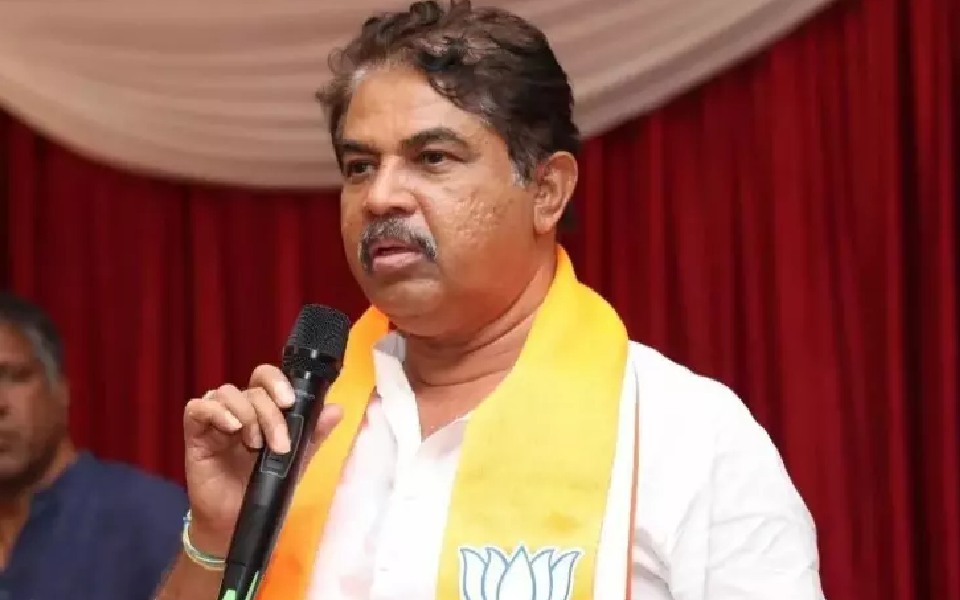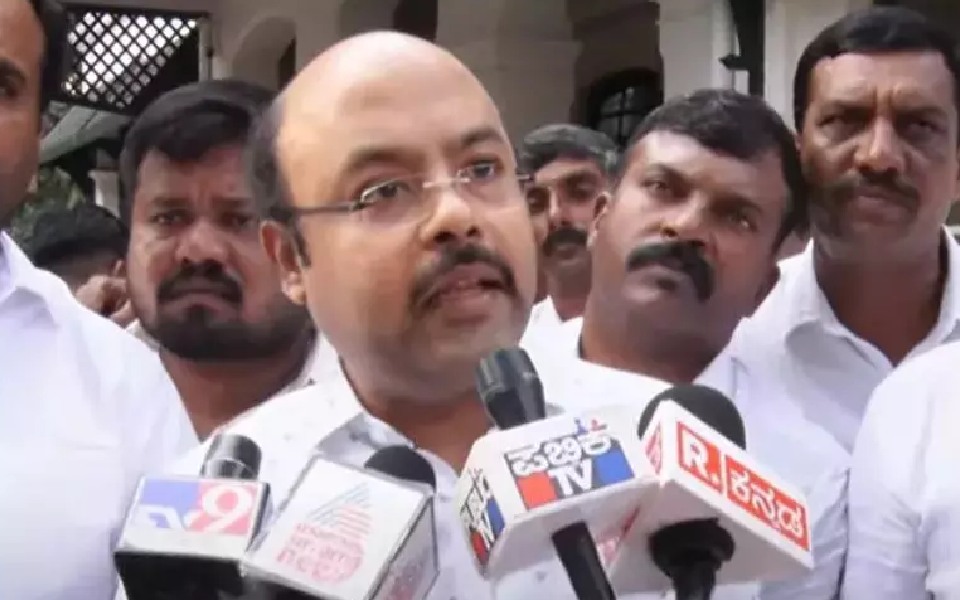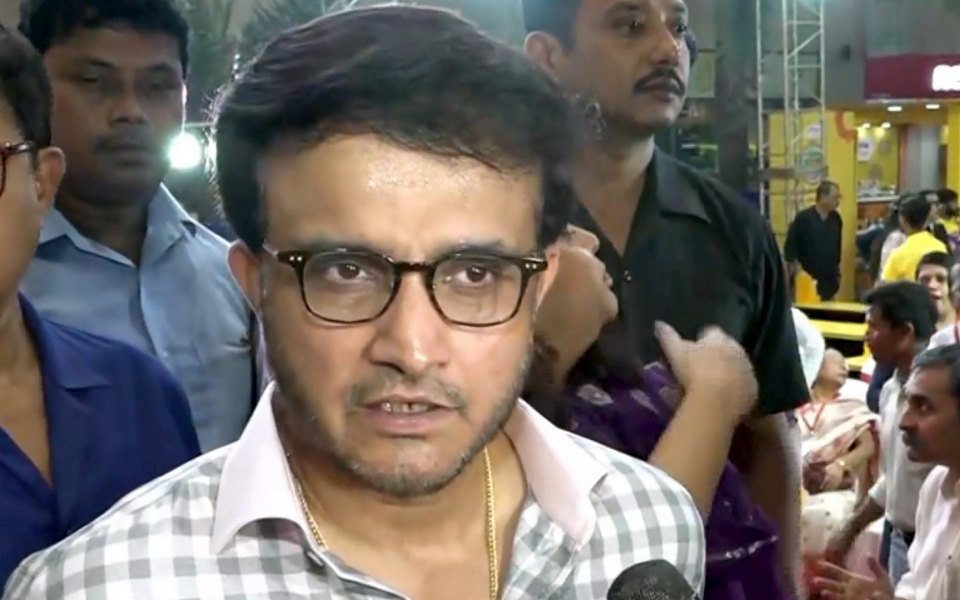New Delhi (PTI): The Railway's decision to limit the passenger waiting list to 25 per cent of the capacity of each class has been flagged by reservation supervisors, ticket booking clerks and some senior commercial officers as uneconomical for the railways and inconvenient for travellers.
The ministry, however, has justified the decision, saying less than one-fourth of the total number of waiting passengers get confirmed berths on an average and the 25 per cent cap has been placed in view of that.
"The decision was made after meticulously studying the waiting list confirmation pattern," said Dilip Kumar the Executive Director of Information and Publicity, Railway Board.
He highlighted that earlier, there was an allegation that the Railways allowed a lot of passengers to book berths in the waiting category which led to crowding in trains. "It was also alleged that the Railways earned money on ticket cancellation."
Refuting the charge, Kumar stressed the Railways was more concerned about passenger comfort than monetary benefits.
The Centre for Railway Information Systems (CRIS) implemented the 25 per cent cap decision on June 16 for trains with reservation facilities. This come around two months after the ministry, through a circular, conveyed its decision on the matter to all principal chief commercial managers and the CRIS managing director.
The April 17 circular stated, "The matter has been reviewed and it has been decided that the maximum current waiting list limit will be revised to 25 per cent of the redefined capacity of each class available at originating as well as roadside stations."
It added, "This logic will also be applicable for issuing of waitlisted tickets from remote locations as well as tickets booked under Tatkal scheme. This waiting list limit shall, however, not be applicable to the tickets issued on concessional fares, warrants etc."
The circular directed CRIS to "make necessary modifications in the software and inform the date of effect to all zonal Railways".
Railway officials said such a cap was in place earlier as well but more and more people were allowed to reserve seats/berths in the waiting category.
According to a 2013 circular, the waiting list cap on AC/EC and 2 AC classes was 30 and 100 respectively. Similarly, the first class, 3AC/Chair Car and sleeper class had 30, 300 and 400 waiting limits, respectively.
Over a week after the implementation of new waiting norms, a section of experts as well as reservation officials termed the decision "impractical".
"Waiting lists give a demand trend based on which we make decisions to run special trains. How will we do it now when the waiting lists of all trains will be capped at 25 per cent?" said a retired senior railway commercial officer who termed waiting lists valuable data to make future decisions.
Reservation supervisors said there have been cases in which due to bulk cancellations, trains departed with some available seats and despite giving confirmed berths to all waiting list passengers, some remained vacant causing a loss to the Railways.
"On one hand seats/berths remain vacant and on the other needy people are unable to travel," a supervisor said.
"Agents often do bulk booking on routes high on demand. They go for cancellations before 48 hours of a train's departure so that they have to pay just the nominal cancellation charges. In such cases, there is a high possibility that availability of seats/berths will be created before the train's departure," another reservation supervisor said.
He added, "This will create opportunities for brokers and touts operating at the current booking window at stations to mint money for passengers as they have prior information of berth positions due to their nexus with lower-level ticket booking staff."
Some experts wondered how the Railways arrived at the 25 per cent cap for roadside stations where the berth quota is two or three seats and supposed that it was decided randomly.
"It is an ill-conceived decision to minimise the perception of crowding in trains by capping the waiting limits. Even if the aim of it is to minimise crowd in AC classes, it will not help as a prospective passenger can buy a general counter ticket and travel in AC classes. Normally, E-ticket waiting list passengers do the same," a senior commercial officer said.
He added, "The Railways should introduce more trains on busy routes rather than bringing all these measures to hide actual demand of travellers."
Let the Truth be known. If you read VB and like VB, please be a VB Supporter and Help us deliver the Truth to one and all.
Bengaluru: Leader of the Opposition R. Ashoka launched a scathing attack on MLC Dr. Yathindra, demanding that he retract his controversial statement comparing Chief Minister Siddaramaiah to the late Maharaja Nalwadi Krishnaraja Wadiyar. Ashoka urged Yathindra to apologize to the people of Karnataka if he had even a shred of conscience and any respect for the Mysuru royal lineage.
In a strongly worded social media post on Sunday, Ashoka stated, “Comparing Siddaramaiah to Nalwadi Krishnaraja Wadiyar is nothing short of absurd. Where is Nalwadi, who was bestowed the title of ‘Rajarshi’ by Mahatma Gandhi himself, and where is Siddaramaiah, who has stooped to being a puppet in the hands of fake Gandhis for the sake of power?”
He continued his critique by contrasting the enduring legacy of Nalwadi, remembered fondly by Kannadigas for his people-centric development, with what he termed as Siddaramaiah’s failure to manage Karnataka’s economy, burdening every household with debt.
Ashoka highlighted several stark differences, while Nalwadi built Mysore University over a century ago, Siddaramaiah is shutting down nine universities due to lack of funds. Nalwadi famously sold his family’s gold to build the KRS dam, whereas Siddaramaiah is accused of grabbing 14 sites meant for the public. Nalwadi established Bhadravati Iron & Steel Plant, Sandalwood Soap Factory, and Mysore Paper Mills. In contrast, Ashoka claimed Siddaramaiah's governance drove away industries, investors, and entrepreneurs. Nalwadi pioneered reservations for the backward classes long before it became mainstream. Siddaramaiah, Ashoka alleged, is reducing social justice to a gimmick by sticking labels on doors in the name of surveys.
While acknowledging Yathindra’s emotional attachment to his father, Ashoka emphasized that comparing Siddaramaiah to a visionary like Nalwadi was “laughable, baseless, and a gross insult” to the late king.
In his concluding remarks, Ashoka slammed the government for ignoring farmers’ needs despite an early monsoon. He accused the administration of being caught up in internal power struggles and negligence, forcing farmers into despair. “This government will not be spared from the curse of the farmers,” he warned.





